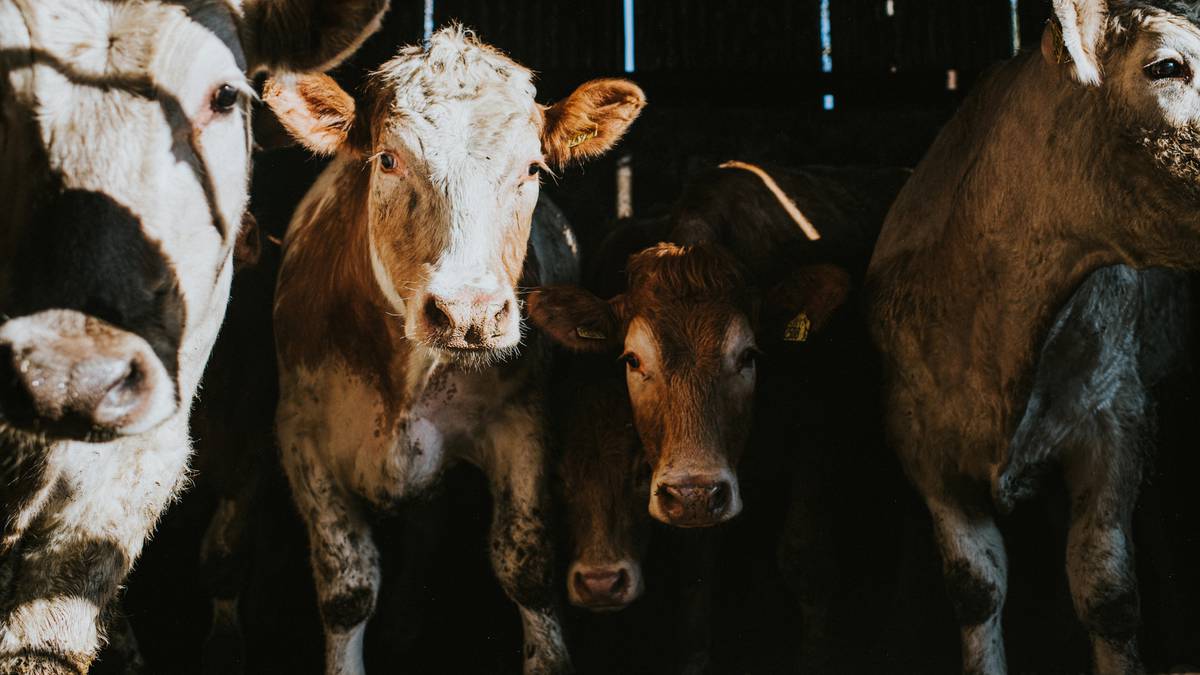Photo / Supplied.
An experienced farmer who was questioned about the health of his stock, including three cattle that were in so much pain and distress they needed to be put down, told investigators animals were like humans – “you get thin ones and you get fat ones”.
Brian Greenway came to the attention of the Ministry for Primary Industries (MPI) in 2021 after complaints were made about the poor condition of animals on his Kaiwaka property.
On inspection of his property, MPI found the majority of the 82-year-old’s bulls were in good condition, however the younger and older cows were in an emaciated condition scoring one on the beef cattle scale, with five being optimal condition.
The sheep and beef cattle code of welfare states if any beef animal shows signs of being very thin urgent remedial action be taken to improve the condition or the animal must be destroyed humanely.
Advertisement
Today he appeared in court, after earlier pleading guilty to four charges of Ill-treatment towards an animal, where he admitted at sentencing that the management of his farm had “got away on him”.
Greenway was also found to have ill-treated three other animals that showed severe muscle wasting, lameness and indicated to be in significant pain. He admitted he was aware of the condition of two, but did not know of the third.
In the summary of facts, MPI said the three cattle were in such pain and distress it was deemed necessary to destroy them to end their suffering.
When asked by MPI whether he agreed he had skinny animals he said: “some were but they’re like humans, you get thin ones and you get fat ones”.
Advertisement
Greenway agreed the animals on his farm had not had enough to eat and referred to a hard winter and the amount of rain as factors to the grass not growing.
Although he still had two large bales of silage, he had stopped feeding out some time ago.
Defence lawyer Jonathan Riley said Greenway had since taken a responsible approach to remedy the situation.
“This is a case where it simply got away from him. He has since taken on a farm supervisor and once he has de-stocked his farm, he is done,” Riley said.
MPI Prosecutor Patrick Woods said the court must not misjudge the impact on the lives of the animals. Given Greenway had more than 60 years of farming experience, he should have had better oversight over things.
Judge Philip Rzepecky said the animals’ welfare was Greenway’s responsibility and he failed to take care of them.
“Knowing these animals were suffering, it’s inexplicable he did nothing about it, but Greenway has taken a responsible approach and is in the process of stopping his farm.
“This is not deliberate offending but someone who has become overwhelmed with his circumstances.”
Greenway was given a 25 per cent discount on his sentence due to the remedies he had put in place since he was charged and ordered to pay a $4000 fine along with veterinary fees.





